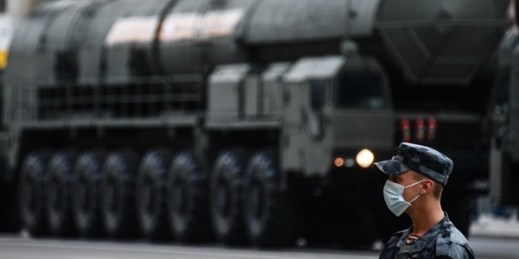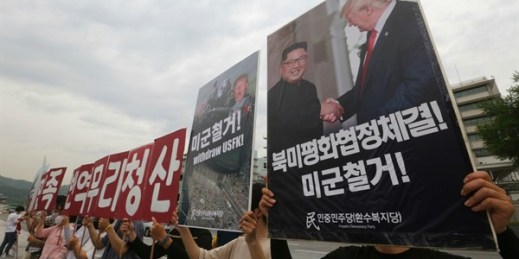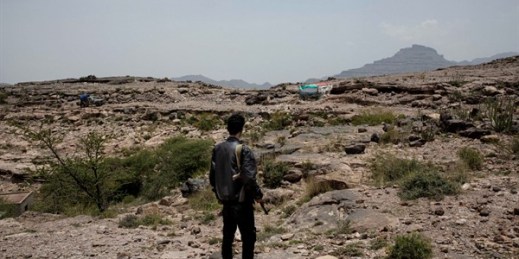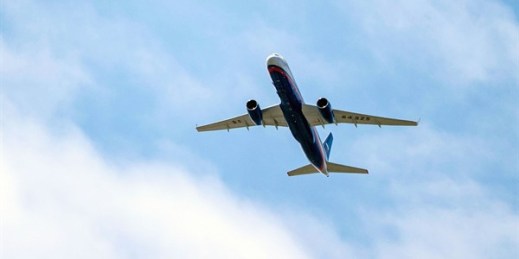
For the first time ever, the Russian government has publicly released a document laying out the logic and principles underpinning its approach to nuclear deterrence. Formally titled “Fundamentals of Russian State Nuclear Deterrence Policy,” the report was approved by President Vladimir Putin and posted on the government’s official information web portal on June 2. Previous iterations of Russia’s deterrence policy, such as the one associated with the updated military doctrine it unveiled in 2010, were alluded to in public, but never published. Why did Russia decide to publish its deterrence policy now? In part, it could be to dispel alleged […]



